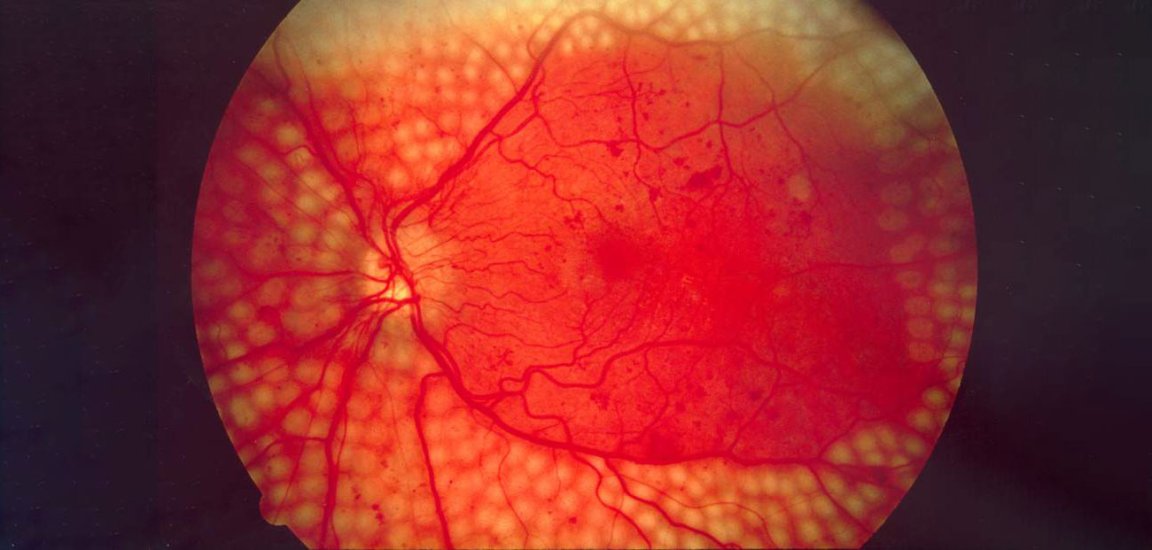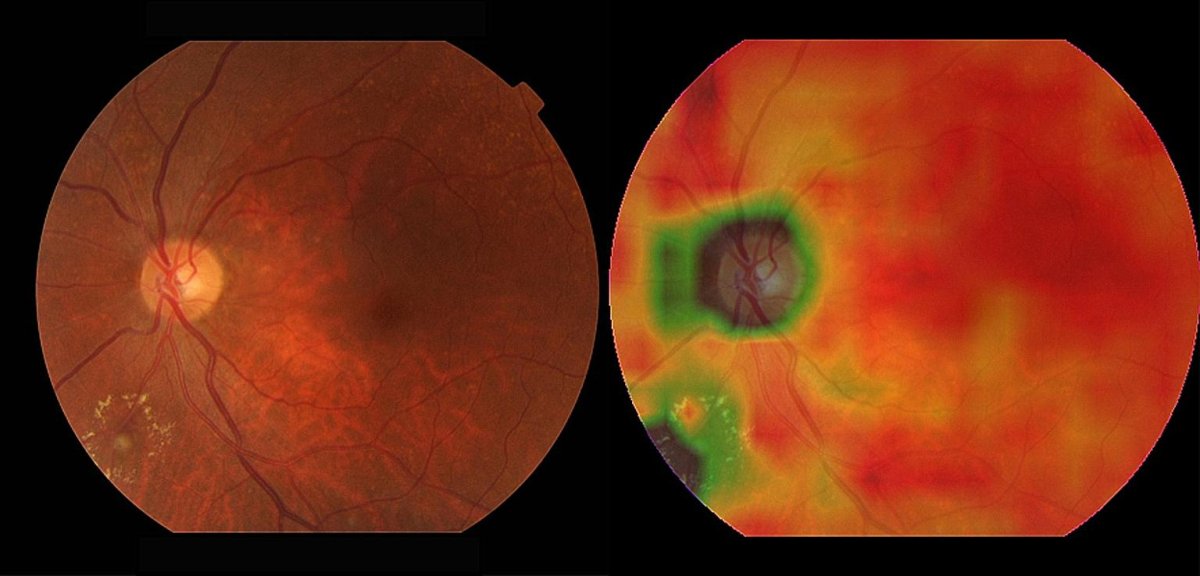
AI Screening
A recent study from researchers at the Singapore National Eye Center (SNEC) shows just how proficient artificial intelligence (AI) is becoming at recognizing certain illnesses. In a study designed to test the performance of deep learning software, built to recognize and classify retinal images, the medical AI software proved to be reliable in recognizing three major eye diseases.
The technology used machine learning to classify retinal images with or without diabetic retinopathy, glaucoma and age-related macular degeneration.

According to Professor Wong Tien Yin, the study’s lead and SNEC’s medical director, “With the AI system, results (for the screening) should be instantaneous and it can potentially reduce 80 percent of the workload of graders and optometrists, freeing up their time for treatment.”
This begs the question of how the future of AI will impact the work that doctors do at every level, from diagnosis to treatment.
The New Doctors
Speaking to Futurism, Wong laid out three broad areas in which medical AI will assist physicians: screening, diagnosis, and prognosis or risk stratification (being able to more accurately tell a patient their chances of being effectively treated).
Wong explained that advancing AI technology is not going to replace physicians, but will be complementary and aid clinical care. Disease screening will be faster and less labor-intensive, diagnoses will be more accurate, and the data compiled will translate into better care.
Futurism also reached out to Dr. Olivier Elemento, Director of the Caryl and Israel Englander Institute for Precision Medicine at Weill Cornell Medicine, to discuss the present and future of AI in a clinical setting.
“AI is used a lot when it comes to image analysis,” said Elemento. “That’s something that’s really exciting. AI is also helping us build predictive models of who is going to respond to a particular therapy.” Dr. Elemento went on to explain that the amount of work that needs to be done by humans could be drastically lessened by such an application: “AI has the potential to really dramatically improve the productivity of physicians, potentially up to threefold.”
Working with AI, doctors will be able to more quickly monitor more images to provide faster diagnoses. Dr. Elemento explained that he thinks that AI is going to change how doctors care for their patients in a very invisible way. AI’s contribution may become more visible in the future, but at first, it will just be a way of increasing productivity.